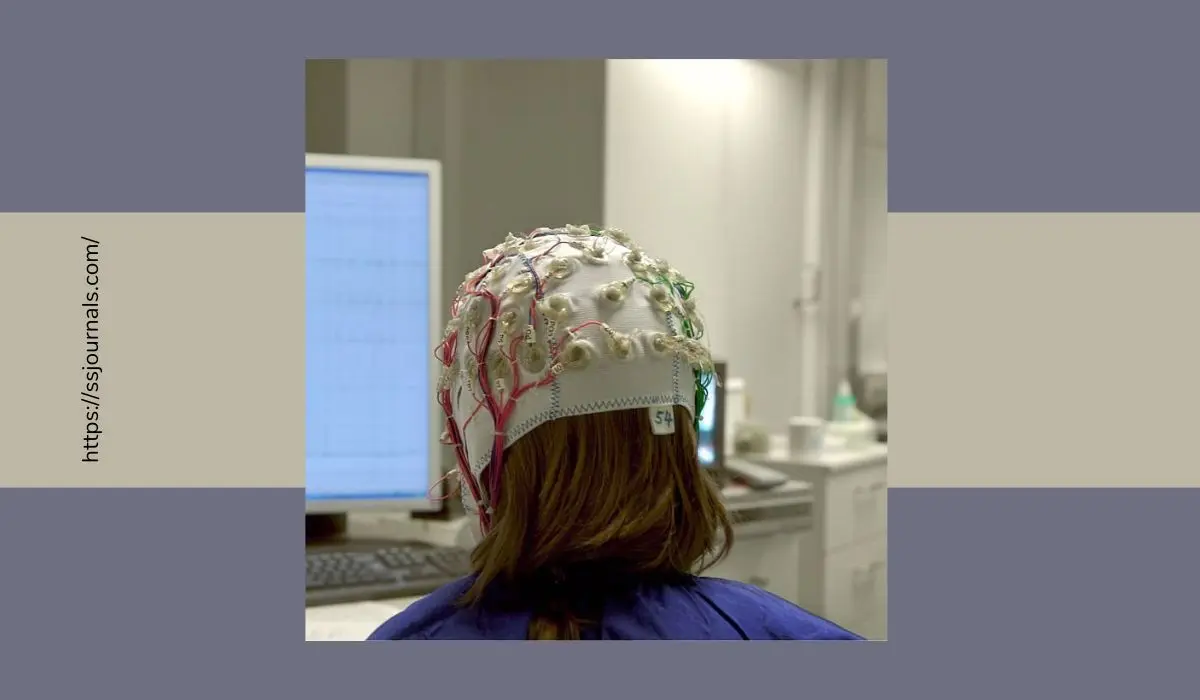Epilepsy is one of the most common neurological disorders, affecting around 50 million people worldwide. It is characterized by recurrent, unprovoked seizures caused by sudden surges of electrical activity in the brain.
Understanding the various causes of epilepsy and the most effective treatments can help patients manage this condition.
Epilepsy – Definition
Epilepsy is not a single disease, but rather a group of disorders characterized by chronic, unprovoked seizures. Seizures occur when clusters of nerve cells in the brain fire abnormally and in an uncontrolled way.
Different types of seizures can occur depending on where in the brain the disturbance originates. Epilepsy may be caused by a number of factors including genetics, brain trauma, infections, and more.

What Are The Causes Of Epilepsy?
👉 Genetic influence – Many cases of epilepsy are believed to be genetically linked. Certain genes predispose individuals to develop epilepsy. Effective treatment involves anti-seizure medications to control symptoms.
👉 Structural abnormalities – Physical abnormalities in brain structure like tumors, strokes, or head injuries can trigger seizures. Treatment may involve surgery to remove lesions if accessible.
👉 Infectious causes – Infections like meningitis, encephalitis, and other diseases can lead to epilepsy. Treating the infection is crucial to managing seizures.
👉 Metabolic disorders – Disorders of the endocrine system like diabetes, electrolyte, or vitamin imbalances can disrupt electrical brain activity. Correcting these imbalances through diet, supplements or medication helps control seizures.
👉 Unknown causes – For around 60% of epilepsy cases, the exact cause is unknown. These require medication management of symptoms, and avoiding seizure triggers.
Epilepsy Symptoms
Symptom onset is usually in childhood or after age 60. The main symptoms include:
👉 Seizures – temporary loss of consciousness with involuntary movement, sensory disturbances, and unusual behaviors.
👉 Confusion and memory lapses after seizures
👉 Strange sensations, emotions, smells or visions
👉 Loss of muscle control during the seizure
👉 Fatigue after seizures
How To Overcome Epilepsy Completely?
While most epilepsy cannot be cured completely, effective management can control symptoms long-term. Strategies include:
👉 Anti-epileptic drugs – Medications like valproic acid, lamotrigine, and carbamazepine can reduce seizure frequency.
👉 Surgery – Removal of seizure-causing lesions in some patients provides lasting control when medication fails.
👉 Vagus nerve stimulation – An implanted device sends regular, mild pulses to the brain via the vagus nerve to prevent seizures.
👉 Ketogenic diet – A high-fat, low-carbohydrate diet forces the body to burn fat for energy. This metabolic state reduces seizures in some patients.
👉 Lifestyle adjustments – Avoiding triggers like alcohol, sleep deprivation, and stress can help manage symptoms.
How To Treat Epilepsy Effectively?
Epilepsy is a chronic neurological condition characterized by recurrent, unprovoked seizures. It affects over 50 million people worldwide. While there is no cure, seizures can be controlled through effective treatment plans.
The mainstay of epilepsy treatment is antiseizure medication. Drugs like valproate, carbamazepine, levetiracetam, and lamotrigine help prevent seizures by reducing abnormal electrical activity in the brain.
The type and dose of medication depend on seizure type, frequency, age, and other factors. Most people need to take medication daily even when seizure-free to prevent recurrence.
If seizures continue despite medication trials, alternative therapies like vagus nerve stimulation, ketogenic diet or epilepsy surgery may be warranted. Vagus nerve stimulators are implanted devices that send electrical signals to the brain through the vagus nerve to disrupt seizures.
The high-fat, low-carbohydrate ketogenic diet forces the body to burn fats rather than glucose for energy, which reduces seizures in some patients.
Epilepsy surgery removes the seizure-generating part of the brain from inappropriate candidates when localized.
Lifestyle adjustments also play a key role in controlling seizures. Getting adequate sleep, limiting alcohol, managing stress levels, avoiding seizure triggers, and taking medication consistently all help minimize seizure recurrence. Keeping a diary to identify personal seizure triggers enables better self-management.
Working closely with an epileptologist or neurologist to find the right treatment regimen is crucial for optimal seizure control. Regular follow-ups ensure the ability to adjust plans as needed over time.
With proper management, most people with epilepsy can live productive lives with minimal limitations. The future continues to hold promise for innovative devices and therapies that may someday cure epilepsy completely.
Read More:- Effects Of Cannabinoids On The Brain: Exploring The Pros And Cons
Tips & Precautions To Avoid Epilepsy
Certain lifestyle habits make seizures more likely to occur:
👉 Get adequate sleep each night and maintain a routine. Inadequate sleep is a major trigger.
👉 Learn and avoid situations that can trigger seizures like strobe lights, video games, heat, and fevers.
👉 Take prescription medication regularly as prescribed. Track any side effects.
👉 Limit alcohol consumption as it lowers the seizure threshold.
👉 Manage stress through yoga, meditation, counseling, and social support. High stress increases risk.
👉 Wear a medical ID bracelet detailing epilepsy conditions and medications.
Conclusion
While epilepsy has no definitive cure, effective symptom management is possible through anti-seizure drugs, medical devices, diet, and lifestyle changes.
Avoiding seizure triggers and adhering to treatment plans enables most patients to live full, active lives. Research continues to uncover innovative therapies that may someday overcome epilepsy completely.
Read More:- What Are The Common Brain Hemorrhage Symptoms? Causes, And Treatments
FAQs
Q: What first aid should be given during an epileptic seizure?
A: Roll the person on their side, cushion their head, and clear any objects away. Do not restrain them or place anything in their mouth.
Q: Are there different types of epileptic seizures?
A: Yes, partial/focal seizures affect one area and don’t lead to loss of consciousness. Generalized seizures involve the whole brain and lead to unconsciousness.
Q: Can stress and lack of sleep cause seizures?
A: Yes, managing stress and getting adequate, regular sleep can significantly help reduce seizures.
Q: Can children outgrow epilepsy?
A: Yes, some childhood epilepsy syndromes that are age-related can be outgrown through adolescence. Adulthood epilepsy usually persists.
Q: What emergency medication can be used to stop a prolonged seizure?
A: Rectal diazepam gel or intranasal/buccal midazolam are fast-acting benzodiazepines used for seizure emergencies.

